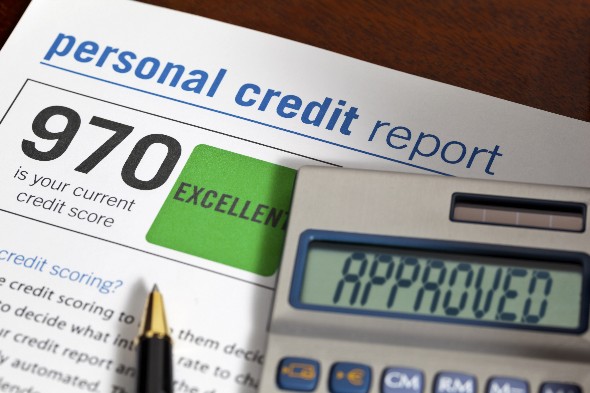A good credit score can really go a long way these days, especially if you’re planning on refinancing your home or applying for a mortgage or new car loan in the near future. Having a black mark or two appear on your credit report can work against you and it can be especially frustrating if your score drops because of some accidental error or inaccuracy.
Check out our credit card calculator.
Disputing errors on your credit report may improve your score and thanks to a recent settlement involving Experian, Equifax and TransUnion, it’s about to get a lot easier to do so. The settlement deal also affects the way medical debt will be reported on your credit going forward. If you’re wondering how the changes will impact your score, here’s what you need to know.
More Thorough Investigations of Credit Disputes

Federal law gives consumers the right to dispute inaccurate information on their credit reports, but that doesn’t guarantee that the issue will be resolved in your favor. Under the old guidelines, credit bureaus would send documents related to your dispute to the creditor or lender that reported the information in question. The lender would look into the issue and then the credit bureau would either update your credit file or let it stand solely based on the data provided by the lender.
The problem is that credit bureaus typically don’t do their own extensive investigation into whether or not the information from the creditor is correct. They usually verify that it’s on file, which means that even if what the lender reports is wrong, the dispute could still be resolved in their favor.
As part of the settlement agreement, the credit reporting bureaus are now required to analyze the information from the lender using workers who have been thoroughly trained to do so. As an added benefit, you’ll also be able to get your credit report free through AnnualCreditReport.com twice in the same year if you initiate a dispute. That allows you to follow up and make sure your accounts are being reported properly.
Related Article: Psssst, Buddy, Wanna Boost Your Credit Score
Delayed Reporting for Medical Debt Collections

If you’ve got unpaid medical bills, they may now have less of an impact on your credit score. The second key provision of the settlement agreement gives consumers who have medical debt a six-month grace period before it pops up on their credit reports. If you’re able to get it paid off or arrange a payment plan before the time limit expires, your debt won’t negatively affect your score.
This change complements the recent overhaul of the way FICO scores are calculated. Under the new FICO 9 scoring model, medical bills must be removed from your credit report if they’ve been paid off and they have less of an effect on your credit score if a collection agency is handling them. Previously, medical bills in collections could linger on your credit report for up to seven years, dragging down your score in the process.
Related Article: The 5 Fastest Ways To Improve Your Credit Score
What the Changes Mean for Consumers
Although the new reporting measures aren’t expected to roll out for a while, consumers should anticipate how they may affect their scores. It’s important to take a close look at your report. If your credit is already in good shape, your accounts are being reported correctly or you don’t have any medical bills in collections, you’re probably not going to see much of a change.
On the other hand, if you’ve tried unsuccessfully in the past to get a reporting issue resolved or you’ve fallen behind on a doctor’s bill because you got sick and couldn’t work, these changes could really help you and your credit score.
Photo credit: ©iStock.com/stocknshares, ©iStock.com/BernardaSv, ©iStock.com/everydayplus
